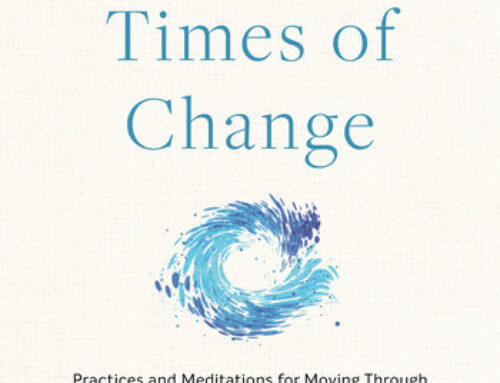 “Self-care” is a trendy term these days and perhaps means different things to different people.
“Self-care” is a trendy term these days and perhaps means different things to different people.In Self-Care: The Dark Side I describe some of the pitfalls I’ve experienced with the self-care craze and how I don’t see self-care as a mere item on my list of things to do, or an unrelenting pursuit of ‘perfect health’.
Rather, I describe self-care as:
“…an ongoing dynamic process of meeting your needs rooted in genuine care and concern for your well-being that is in line with your values and that involves the skills of awareness, attention, self-reflection, self-compassion, insight, discernment, courage and action.”(1).
Self-care also does NOT mean all responsibility lies with an individual person to meet their needs. In my Embodia webinar on this topic, I discuss the importance of our systems and ‘we care’ and ‘supported self care’.
But there are indeed some things we can learn to help cultivate care and compassion in our daily lives and gain the positive health benefits like reduced symptoms of anxiety, improved stress management, resiliency, concern for others, and improved adaptive coping strategies during challenging times to help carve a sustainable, healthy path forward.
In this pre-recorded webinar Self-Care for Healthcare Professionals During Challenging Times, I share a process to help you prioritize your values and offer tips and practices to cultivate genuine self-care and self-compassion.
Self-care and self-compassion are not selfish nor soft skills – they are life skills that help us have the inner resources available to care for and serve others in a sustainable way.
“To serve others is to serve self. To serve self is to serve others.”
~anonymous
Use coupon code:
selfcompassion25
for 25% off the video class series that includes a series of movement, mindfulness, breathing and reflective practices to cultivate self-compassion at:
1) Prosko S. (2020) Self-Care for Healthcare Professionals During Challenging Times. Embodia Academy.
Above Photo by Cristian Newman on Unsplash




